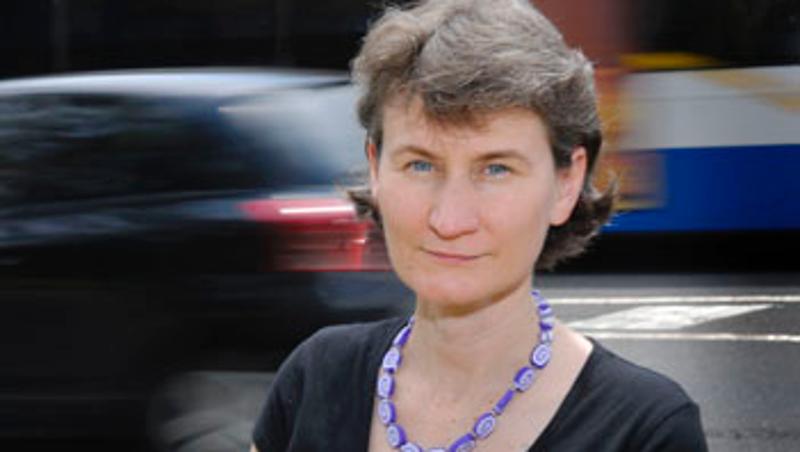
Drivers who excessively and regularly speed are also more likely to break other laws with a QUT study revealing more than 55 per cent of repeat high-range speeding offenders have a criminal history.
The study by QUT's Centre for Accident Research & Road Safety - Queensland (CARRS-Q) and published in the Accident, Analysis and Prevention journal, profiles high-range speeding offenders in Queensland.
Road safety researcher and co-author, Dr Judy Fleiter, said the study was the first of its kind to investigate the criminal histories, personal characteristics, traffic offences and crash history of high-range speeding offenders.
"We found that more than half of those drivers caught multiple times for exceeding the speed limit by more than 30km/h had a criminal history and were significantly more likely to have committed drug and property offences compared to all other drivers caught speeding," Dr Fleiter said.
"From a sample of 1000 speeding offenders we found 55.2 per cent of repeat high-range offenders had a criminal history, compared to 21 per cent of other speeding offenders and seven per cent of low-range speeding offenders.
The study grouped drivers into three categories according to the speeding severity and occurrence rate in a seven year period. Repeat high-range offenders had committed at least two speeding offences over 30km/h. Low range offenders had committed one low range speeding offence. All other offenders had committed at least one mid-range or high-range offence without exceeding the limit by more than 30km/h.
"These results highlight that for some drivers, if they break the law behind the wheel they are also likely to break the law when not behind the wheel," she said.
"Another important finding was that repeat high-range speeders were also more likely to have been involved in a crash (15.3 per cent) in the previous five years, compared to only 2.9 per cent of low range offenders and 6.6 per cent of other offenders."
Dr Fleiter said the study also found a link between speeding and age, gender and type of licence.
"Of almost 85,000 speeding offenders in Queensland, this study found that people classified as repeat high-range offenders were significantly more likely to be young men, to hold a provisional licence, or to hold a motorcycle licence, when compared to other speeding offenders.
Dr Fleiter said the results of the study highlighted the need to look for innovative ways to target high-range speeding offenders, for whom penalties for breaking the law such as fines and loss of licence might not deter their risky driving.
"For example, the use of new in-vehicle technologies such as Intelligent Speed Adaptation that notifies drivers when they are over the speed limit or could restrict drivers from exceeding the speed limit may prove useful," she said.
"Various studies have found similar technology that used alcohol interlocks had promising results in changing the behaviour of repeat drink drivers.
"Road safety researchers need to be looking for interventions that target repeat offenders while keeping in mind these individuals often engage in risk-taking across a range of areas, so highlighting the illegal consequences may not have a significant effect on their actions."
Dr Fleiter said in Queensland speed-related crashes accounted for 21 per cent of fatalities on our roads. It is equally important to remember that travel speed is a crucial factor in all crashes and the human body is not designed to withstand extreme forces experienced when objects collide at speed.
"Research shows that exceeding the average traffic flow speed by 5km/h in urban areas or 10km/h in rural areas doubles the risk of a casualty crash, further highlighting the dangers of high-speed crashes."
The paper reporting these findings is from a larger study funded by an Australian Research Council Linkage grant. The paper is titled Profiling high-range speeding offenders: Investigating criminal history, personal characteristics, traffic offences and crash history.
Media contact:
Sandra Hutchinson, QUT Media (Tue, Wed), 07 3138 9449 or media@qut.edu.au
After hours, Rose Trapnell, 0407 585 901




